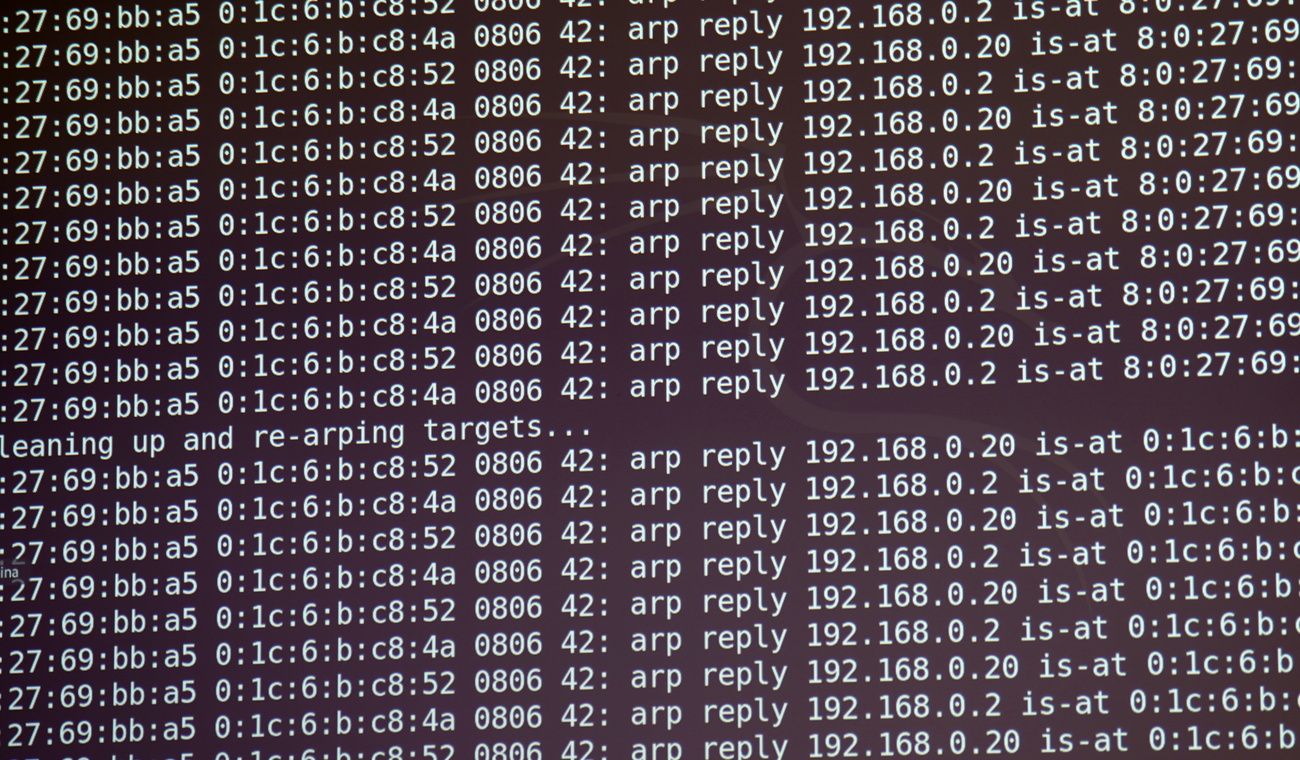
Jump in cyber attacks during Covid-19 confinement

The number of cyber attacks reported in Switzerland during the height of the Covid-19 pandemic was up to three times higher than normal.
Figures from the Swiss National Cyber Security Centre (NCSC), reported in the NZZ am Sonntag, show that cases in April were over 350 per week, well above the norm (100-150).
Max Klaus, deputy head of the NCSC, told the newspaper that cyber attacks often come in such waves, especially during a “special event” like the coronavirus pandemic.
Incidents have included phishing, fraudulent websites, or direct attacks on firms – including some high-profile recent cases such as the attempt to extort $6 million (CHF5.77 million) from Stadler rail by hackers who stole business documents.
And this might just be the tip of the iceberg, Klaus says: as Switzerland does not legally obligate companies or individuals to report incidents, the figures could be much higher.
Jewgeni Kaspersky, head of the Kaspersky cybersecurity lab, told the NZZ that he was not surprised by the figures. Many people have been constantly online and working from home, he said, where they might not enjoy the same level of internet security as in the office.
His lab, meanwhile, which works worldwide, recorded 68.7 million cyberattacks globally in April, compared with ‘just’ 57.2 million in February.
The surprise, Kaspersky said, is that numbers have again receded in May. He reckons that hackers, having secured their bounties of data, might be currently trying to figure out how to make a profit by extorting or selling them on.
He also said that hackers have begun to adapt their modus operandi and are now working less secretly, preferring to publish some stolen data in an effort to put pressure on those they are extorting. During the Covid-19 pandemic, he says, they have even targeted hospitals and patient data.
The NCSC has not been made aware of any such attacks on hospitals in Switzerland.

In compliance with the JTI standards
More: SWI swissinfo.ch certified by the Journalism Trust Initiative





























You can find an overview of ongoing debates with our journalists here . Please join us!
If you want to start a conversation about a topic raised in this article or want to report factual errors, email us at english@swissinfo.ch.